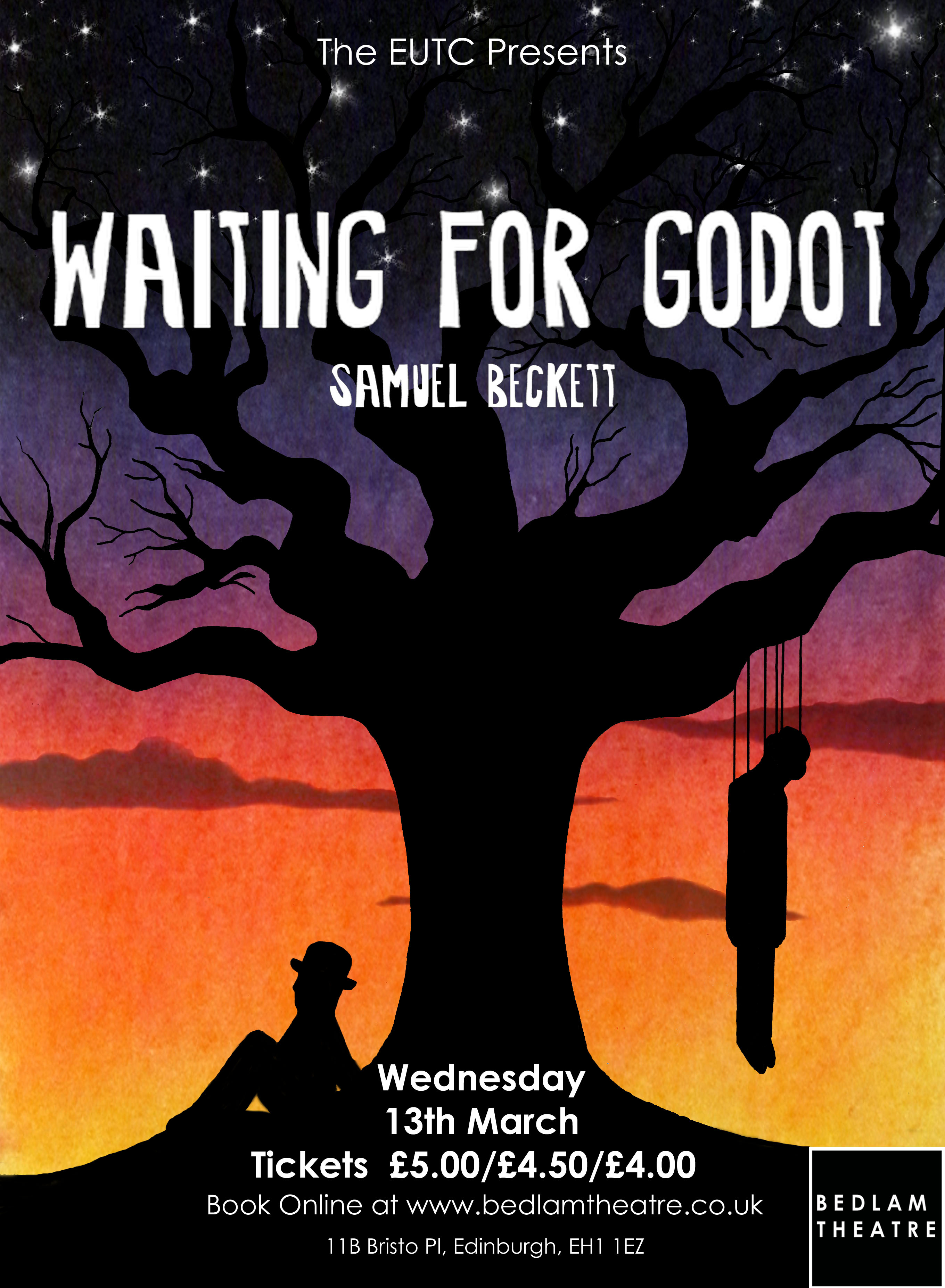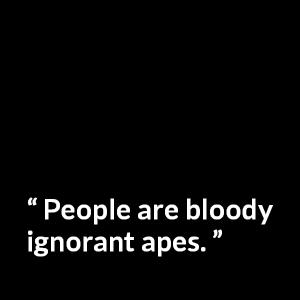
An interesting relationship is the one of Godot and his power over Vladimir and Estragon. While in Endgame Clove stays with Hamm only because Hamm is paralysed, but also because the world outside of the room they live in is dead.

In Waiting for Godot, Pozzo has unnatural power over Lucky he drives him as if he drove a horse carriage. Pozzo and Lucky of Waiting for Godot and Hamm and Clove of Endgame represent a “master and servant relationship”. As the literary texts progress, we also discover that Beckett treats us with different types of friendship and relationships.

Happiness can be subjective, as it can have different level of meaning for different human being. Hamm: There are no more sugar-plums! ” (Becket, Endgame, 34) How can a single sugar-plum make somebody happy? Yet, it is the fact that we cannot “consequently seek for ‘logical’ explanations” (Pilling, 80) of Beckett language and logical facts of happiness. Insignificance of Beckett characters conversation explicit how little and insignificant things can impact human existence and happiness: “Nagg: Me sugar-plum! Estragon and Vladimir keep saying: “We are waiting for Godot”, “Are we happy? ” as if they wanted to remind themselves the reasons of why they are here. Especially the conversation seems to be repetitive, s words that we can read in the beginning of both of the plays are later repeated many times: “Hamm: Is it not time for my painkiller? ” (Becket, Endgame, 8) “Estragon: Nothing to be done” (Beckett, Godot,1) “Estragon: Nothing happens, nobody comes, nobody goes, it’s awful! ” (Becket, Godot, 34). One solution adopted by Beckett’s characters is mechanical repetition, re-enacting situations without perceiving any significance in these repeated actions” (Pilling, 72). As John Pilling condemns “in fact, time does not pass in this world rather, the characters have to find ways of passing the time. It is the fact that each day of Beckett characters’ life is typified by the same repetitive I would like to pursue aspects of this argument by examining some of examples in Samuel Beckett Waiting for routine. Beckett’s characters are set in a daunting, endless process of waiting waiting for something or somebody that may or may not appear. “All of Beckett’s pairs are bound in friendship that are essentially power-relationships” (Pilling, 71). Happiness and our existence only mean something if a human can share it with someone else.īeckett sets up his characters in pairs: Hamm and Clov, Nell and Nagg of Endgame Vladimir and Estragon and Lucky and Pozzo of Waiting for Godot, implying in the same way that a man needs another human to share their experiences, conversations and to explore their potential to be happy or to reject happiness. In fact it could be argued that a man needs another human to fully achieve conventional potential of happiness. A sense of truth and happiness within human existence has been a central question for a long time in human enquiry. “Are we happy? ” appears in Waiting for Godot many times. These two Beckett’s literary texts could be considered as a response to damages and degradation of humanity caused by the Second World War of 1939 – 1945.īoth texts explore existential questions about life and the role of humanity in the world, and our happiness with the environment and ourselves.


Instead they pursue an absurdist and nihilistic themes where humans are pictured in a hopeless and repetitive daily routine. Endgame and Waiting for Godot of 19 by Samuel Beckett are texts that show little sign of conventional happiness of human existence. Power of friendship and relationship in Waiting for Godot and Endgame by Samuel Beckett. Power of Friendship and Relationship in Waiting for Godot and Endgame by Samuel Beckett Analysis


 0 kommentar(er)
0 kommentar(er)
